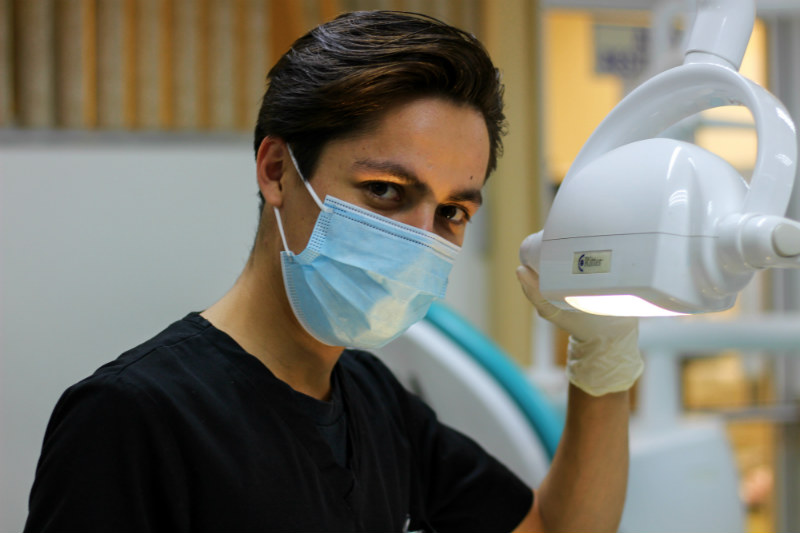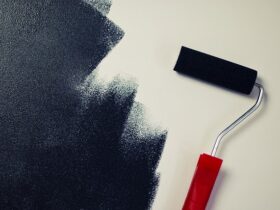How Often Should You Undergo Dental Cleaning?

Not all people are fond of dental cleanings. Merely thinking about the prodding and strange noises make some people reluctant to get the treatment. Although it’s understandable to feel hesitant about dental treatment at first glance, teeth cleaning is simple and quite painless. A dental hygienist does the procedure to treat any gum or periodontal disease. But when do you need to undergo the treatment and how often should you do it? What’s more, you won’t need to worry about much if you choose a reliable dentist like this Dentist In Grand Blanc.
When to undergo dental cleaning
Most experts advise patients to undergo dental cleaning twice a year. Doing so will make it easier for the dental hygienist to prevent any buildup of heavy plaque and tartar in the future.
Most of the time, even those who are practicing excellent dental hygiene still develops plaque formation. Undergoing dental cleaning eliminates the bacteria that cause plaque buildup. Leaving it unattended for several months will cause it to calcify onto a person’s teeth. Once the calcification begins, it will require specialized tools and skills to remove.
The process of dental cleaning
Before the dental cleaning process starts, the hygienist will need to complete a physical examination of your mouth. He’ll use a small mirror to look around the gum and teeth to see if there are any signs of gingivitis or other oral concerns. If he notices any problems, he’ll call your Meridian dental care specialist to ensure that it’s okay to proceed.
Once he gets approval from the dentist, he’ll proceed to the next step of oral prophylaxis. Using a small mirror to guide him, your dental hygienist will use a scaler to remove any tartar and plaque around your gum area. He’ll do the same procedure between your teeth.
As the dental hygienist tries to get rid of all the foreign matter on your teeth, you’ll be hearing scraping sounds. But rest assured that it’s completely normal. Practicing excellent oral hygiene can help prevent plaque buildup, especially once you have it removed.
After the dental hygienist has removed the plaque and tartar, the dentist will clean your teeth further using a high-powered electric toothbrush. The device produces a loud grinding noise, which can be scary at first. But using it is an excellent way to remove any plaque or tartar left behind from the previous step.
Dental hygienists often use toothpaste that almost resembles a regular toothpaste but has a gritty consistency. The toothpaste will gently scrub your teeth to polish it. He’ll perform an expert flossing session afterward. He’ll get deep between your teeth and check for any trouble spots where you bleed at the gums. It also helps the hygienist remove any leftover toothpaste or plaque from the earlier steps.
Once he completes the process, he’ll ask you to rinse your mouth using a liquid fluoride. He will apply a fluoride treatment after you rinse your mouth. Doing so will protect your teeth from any sign of cavities for the next couple of months.
Whether you need any extra steps or not will depend on the condition of your teeth. So, it’s best to consult your dentist for any advice to keep your teeth looking fresh as ever.










2 Comments